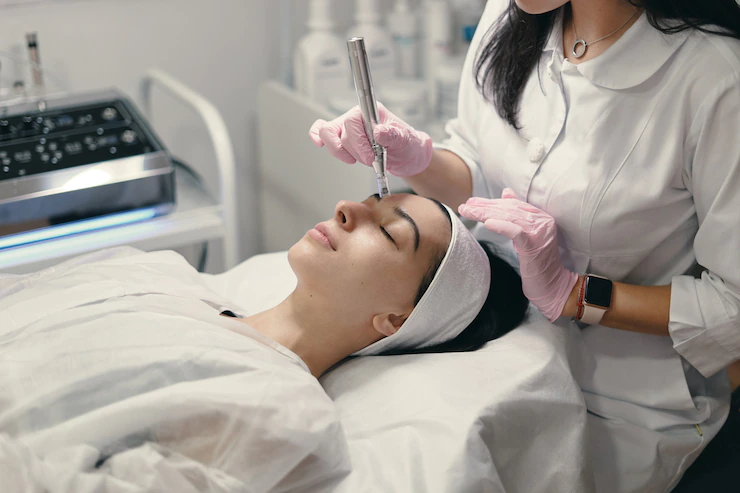When it comes to diagnosing and managing complex skin conditions, seeking the expertise of a qualified Dermatopathologist is essential. Dermatopathology combines the fields of dermatology and pathology, specializing in the examination of skin tissue samples. If you require a dermatopathological evaluation, selecting the right specialist is crucial. Here are ten important factors to consider when choosing a Dermatopathologist in South Africa:
- Board Certification and Qualifications: Verify that the Dermatopathologist is board-certified and holds the necessary qualifications in dermatopathology. Look for their affiliation with reputable medical institutions and their registration with the Health Professions Council of South Africa (HPCSA). These credentials ensure that the dermatopathologist has undergone rigorous training and meets the highest professional standards.
- Expertise and Experience: Evaluate the dermatopathologist’s expertise and experience in the field. Inquire about their years of practice in dermatopathology and the number of cases they have handled. An experienced dermatopathologist has a comprehensive understanding of various skin conditions and can provide accurate diagnoses and effective treatment recommendations.
- Collaboration with Dermatologists: Consider the dermatopathologist’s ability to collaborate effectively with dermatologists. Dermatopathology relies on a close working relationship between the dermatopathologist and the referring dermatologist. Choose a specialist who has a reputation for collaboration, as it ensures seamless communication and enhances the quality of patient care.
- Quality of Laboratory Services: Assess the quality of the laboratory services associated with the dermatopathologist. The accuracy and reliability of diagnostic results depend on the laboratory’s proficiency in handling and analyzing skin tissue samples. Ensure that the dermatopathologist works in a well-equipped laboratory with experienced laboratory technicians and the latest diagnostic technologies.
- Continuing Education and Research: Inquire about the dermatopathologist’s commitment to continuing education and involvement in research activities. The field of dermatopathology constantly evolves, and staying updated on emerging diagnostic techniques and treatment modalities is essential. A dermatopathologist who actively engages in professional development and contributes to research demonstrates their dedication to providing the best possible care.
- Communication and Report Interpretation: Consider the dermatopathologist’s communication skills and their ability to interpret and explain biopsy reports. Clear and concise communication is vital for understanding your diagnosis and treatment options. Look for a dermatopathologist who can effectively communicate complex medical information in a patient-friendly manner.
- Accessible and Responsive: Evaluate the dermatopathologist’s accessibility and responsiveness. Timely access to results and prompt communication are crucial for managing your skin condition effectively. Choose a specialist who is accessible for consultations and can address your questions or concerns in a timely manner. This ensures a smooth and efficient diagnostic process.
- Patient Reviews and Referrals: Seek patient reviews and referrals regarding the dermatopathologist. Positive feedback from other patients can provide valuable insights into the specialist’s expertise, professionalism, and patient satisfaction. Ask your dermatologist or other trusted healthcare professionals for recommendations based on their experiences working with the dermatopathologist.
- Compliance with Quality Assurance Standards: Ensure that the dermatopathologist follows strict quality assurance standards. Quality assurance programs help maintain the accuracy and reliability of diagnostic results. Inquire about the specialist’s adherence to international quality standards, such as ISO 15189 accreditation. This guarantees that the laboratory’s operations are regularly monitored and audited for quality control.
- Ethical Practice and Confidentiality: Choose a dermatopathologist who upholds the highest ethical standards and respects patient confidentiality. Medical ethics and privacy are paramount in healthcare. Select a specialist who maintains strict confidentiality of patient information and follows ethical guidelines in their practice.
Selecting a skilled and experienced Dermatopathologist is crucial for accurate diagnosis and effective management of complex skin conditions. By considering factors such as board certification, expertise, collaboration, laboratory quality, communication skills, accessibility, patient reviews, compliance with quality assurance standards, and ethical practice, you can make an informed decision. A reputable Dermatopathologist will ensure accurate diagnoses, personalized care, and optimal treatment outcomes for your skin health.










